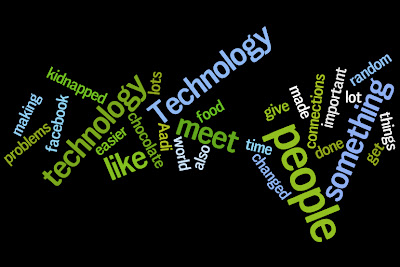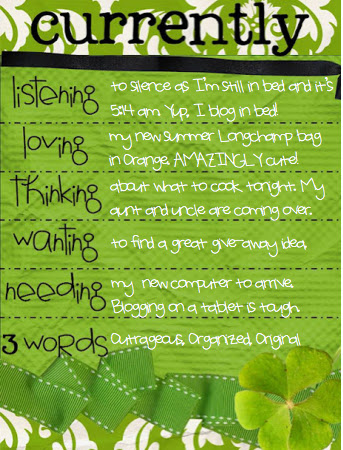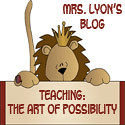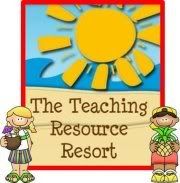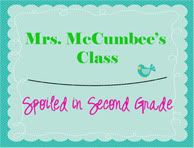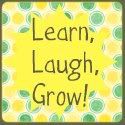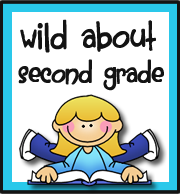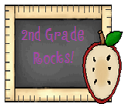I've been slacking a little with my IB Thursday posts but am happy to find myself back on track tonight. I've had some opportunities in the past few weeks to really think about the process of inquiry in the classroom. I know that for those of you who teach in a standards based curriculum the thought of inquiry might seem a bit ridiculous, especially if you have to stick to a scripted program. I say that because that's how I felt teaching from subscribed programs like Treasures and Everyday Math.
What I didn't know then is that inquiry is the foundation upon which learning is based. If we don't access our student's interests, if we don't prompt their curiosity then the learning which does happen is superficial.
This is exactly what John Dewey's child-centered learning was about. His model started with concrete experience. This is the interaction between the student and his or her environment, subject or teacher.
The cycle moves on to reflective observation. This is where the action is considered through observation or discussion. The next step according to Dewey is the abstract conceptualization. Basically this is when the student derives some meaning or knowing from the experience. The last step in this cycle is the active experimentation. This is where the student takes his or her new knowledge and applies it to new experiences.
There have been many inquiry cycles developed since Dewey's time. Here are some of my favorites and lastly I'll show you the one I use in my class.











